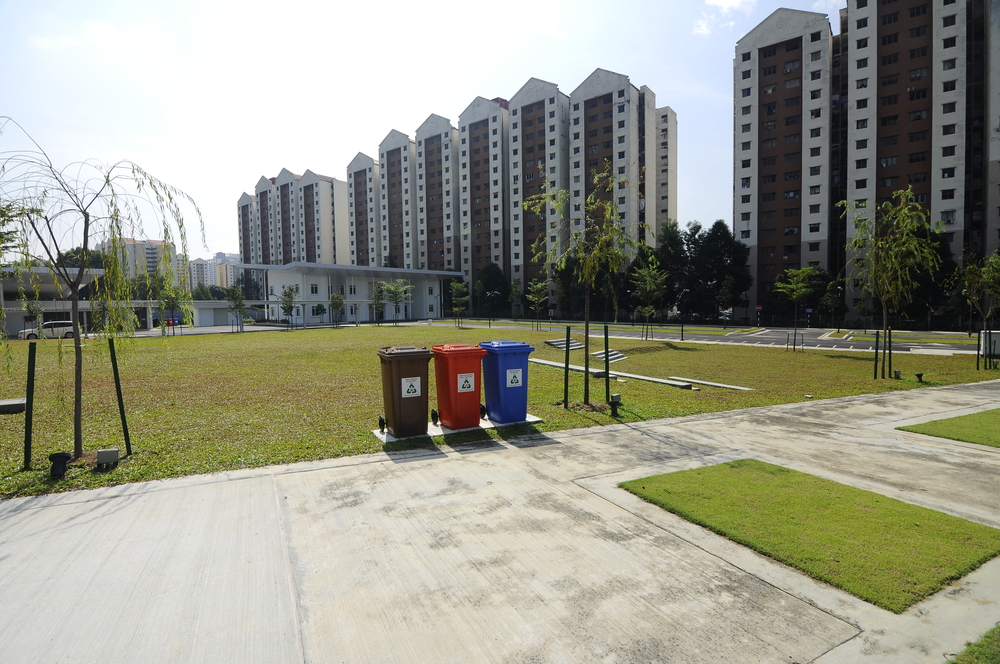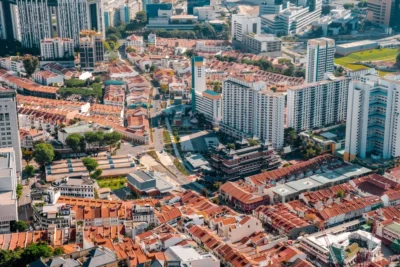Influx of serviced apartments signals optimism to Malaysia’s residential market
Mass vaccination and the reopening of borders in 2022 are anticipated to improve property market sentiment
With Malaysia’s high influx of serviced apartments into the market, there could be some light at the end of the tunnel for service apartment investors, reported Free Malaysia Today.
Residential properties saw a surge in prices from 2009 to 2013, but a slowdown following the government’s cooling measures in 2014.
Prices have stabilised since then, and as a matter of fact, dipped after the arrival of the COVID-19 pandemic.
Nevertheless, there are many positive signs for the sector.
The pandemic is a short-term setback, and many believe that the mass vaccination and reopening of borders in 2022 will improve property market sentiment.
The Malaysian government is promoting property buying through the extension of the homeownership campaign. The interest rate remains low via the overnight policy rate at 1.75 percent, and some commercial banks are offering mortgage interest rates at only 2.9 percent per annum.
Malaysian remains a favoured destination for foreign direct investment. As a result, more jobs will be created and the demand for properties will follow.
More: Malaysian real estate market to regain investor confidence by 2022
Improvements in the transport system will boost the prices of serviced apartments within the transit-oriented development project areas. The Johor Bahru-Singapore rapid transit system is also hoped to draw in more Singaporeans to invest in Johor Bahru serviced apartments.
Moreover, many wealthy foreigners still find Malaysia as a favourite retirement home. Once the Malaysia My Second Home (MM2H) is brought back, buying interest in serviced apartments will be spurred among foreigners who choose to stay on a long-term basis.
The Property Report editors wrote this article. For more information, email: [email protected].
Recommended
Foreign demand recalibrates in Southeast Asia housing markets
Even amid global headwinds, Southeast Asia’s property markets hold appeal for foreign buyers
Tariffs and turmoil test Singapore homes as suburbs hold firm
Foreign levies, regional wars, and buyer fatigue are putting pressure on the city-state’s housing market
Gulf luxury markets lure global capital amid policy shift
Gulf nations are shaking off a reputation for overt bling to lead a post-pandemic luxury boom
China housing slump deepens as oversupply drags prices
Concerns remain over surplus inventory built by troubled property developers as prices continue to fall across all but a handful of major cities









